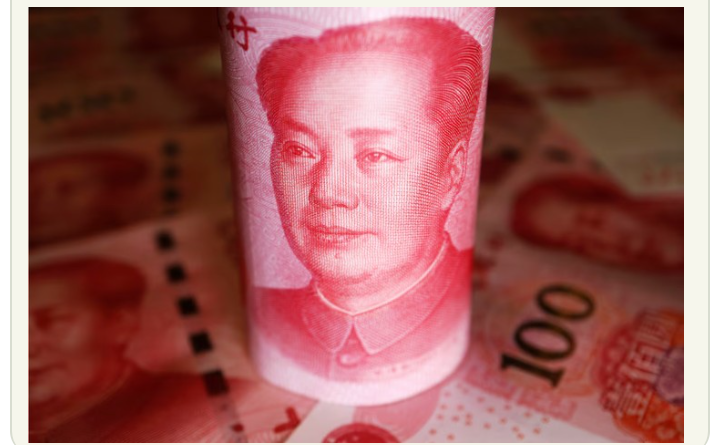Lately, the naira is screaming “na dem dey rush us” and surprisingly, it’s Chinese traders doing the rushing. Yep, the President of the Association of Bureau De Change Operators of Nigeria (ABCON), Aminu Gwadebe reported that many Chinese businesses in Nigeria are now swapping yuan for naira , instead of reaching for dollars like before.Naira is the Spicy Chow Mein Noodles Chinese Traders are RushingHere’s the gist: Back in 2018, the Central Bank of Nigeria (CBN) and the People’s Bank of China (PBoC) signed a currency swap agreement. Translation: Nigeria set aside ₦720 billion, while China set aside ¥15 billion yuan (about $2.5 billion at the time), so businesses in both countries could trade directly without touching dollars.Fast forward to 2024: the deal got renewed for ₦3.3 trillion worth of naira (about ¥15 billion yuan / $2 billion). And with peer-to-peer (P2P) exchanges in the mix, business owners can now cut out the middlemen, enabling cost savings, faster transactions, and more value.All This Servings, But Who is Behind the Cooking?This preference for naira isn’t just luck, it’s being cooked up by the CBN and PBoC through deliberate policies. By creating opportunities for the naira to thrive in bilateral trade, regulators are slowly reducing Nigeria’s over-dependence on the dollar.Business owners and FX traders are keeping this update on the low. It’s happening quietly, without too much noise. They are simply adjusting, and the market is responding.
Is this Only Important for Imports and Exports, How does it Affect You and I.
Foreign exchange rates touch everything in our daily life; prices of food, fuel, phones, and clothes can be influenced by it. Here’s how this swap trickles down:
Businesses win: Importers dealing with China (Nigeria’s biggest trading partner) don’t need to stress dollar scarcity as much. They can settle directly in yuan, which is cheaper and faster. Lower trade costs can in-turn influence stabler prices.
Travelers win: If you’re off to China for business or tourism, you can budget directly in naira-to-yuan, without dollar detours and extra conversion charges. In fact, Nigerian markets in China already accept naira alongside dollars and yuan, proof this isn’t theory, it’s happening.
Stable naira, global stage: Every time trade happens directly in yuan – naira, and vice versa, instead of dollars, it not only eases dollar demand and keeps the naira steady, but also nudges it onto the global stage. Every time it’s accepted alongside the yuan, it signals that the naira isn’t just a domestic currency anymore. Slowly but surely, it’s being recognized as a viable option for cross-border deals.
The naira is not replacing the dollar tomorrow, but this shift is a quiet win. It shows progress, resilience, and a way to cut down our over-dependence on the dollar
One step at a time, the naira is learning how to stand taller on the global stage and that’s a story worth paying attention to.

